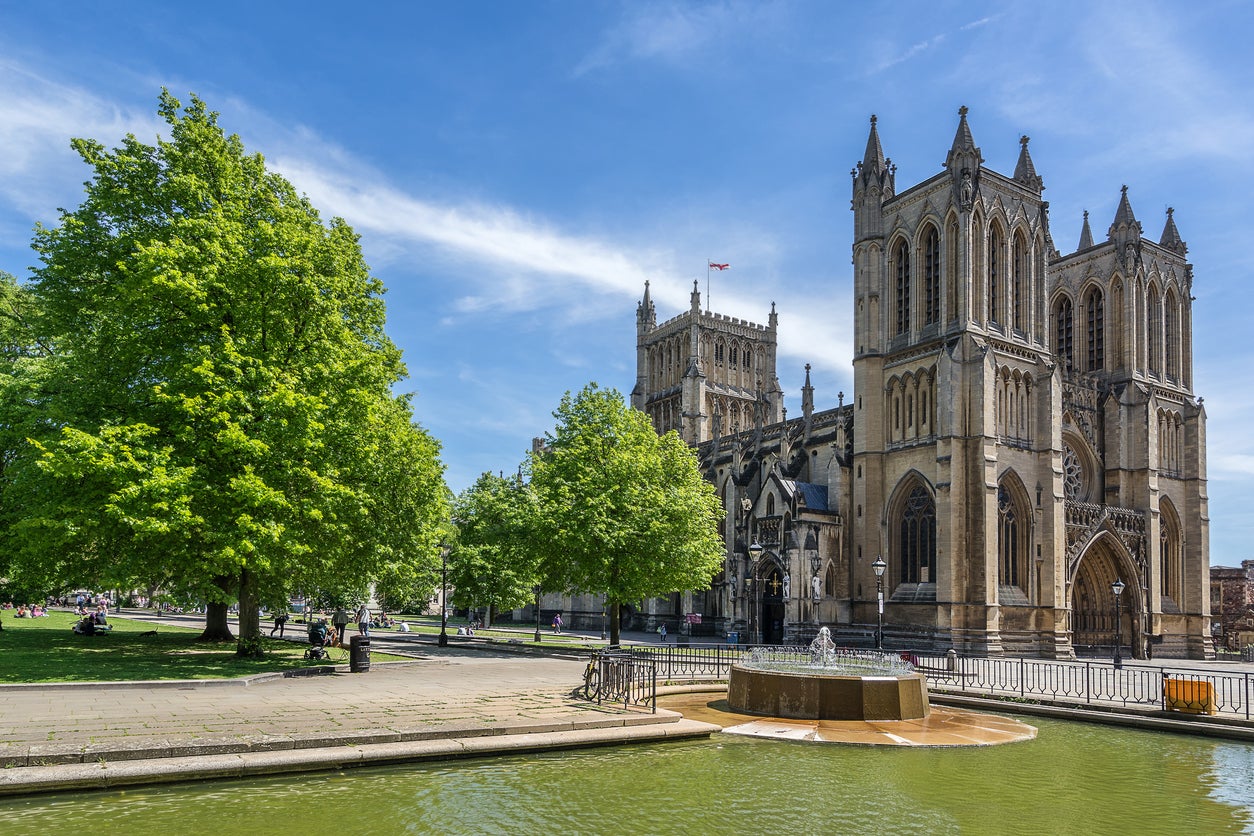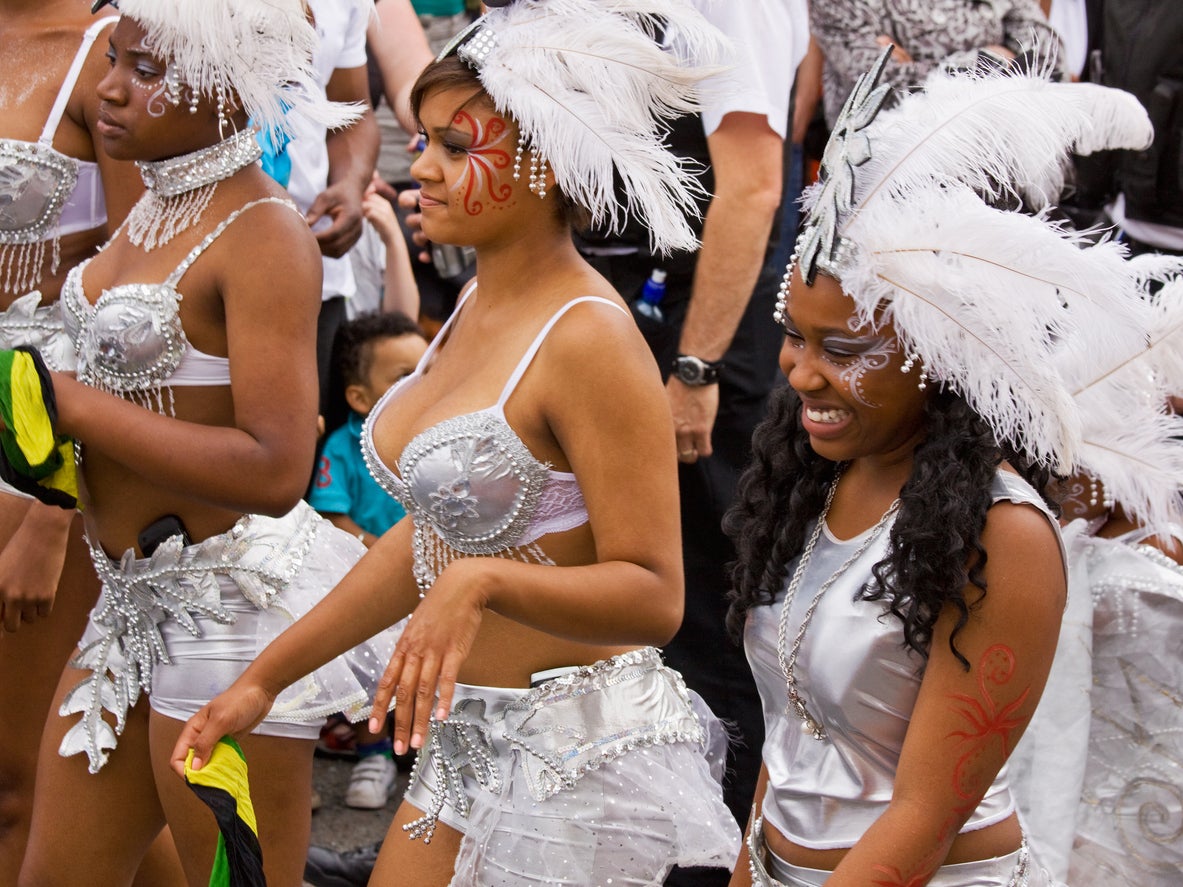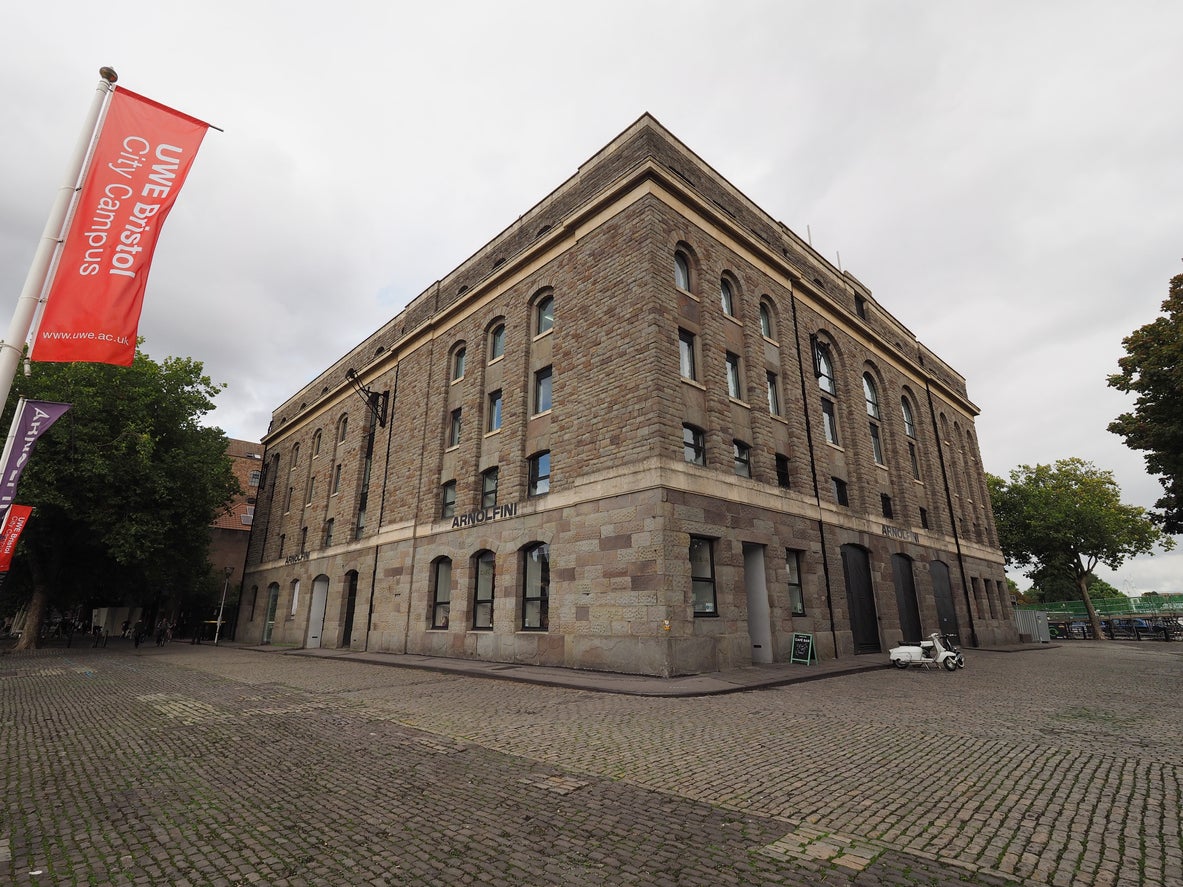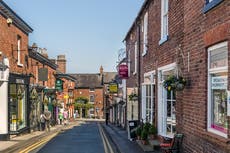The Independent's journalism is supported by our readers. When you purchase through links on our site, we may earn commission.
Welcome to my home town: How growing up black in Bristol shaped who I am
The city may have a chequered past when it comes to race, but close-knit communities are helping diversity to flourish, writes Aaliyah Miller

During lockdown, many of us made the pilgrimage back to our family homes – and rediscovered them through fresh eyes. Part guide, part love letter, “Home towns” is a new series in which we celebrate where we’re from. After all, it could be a while before we can go anywhere else…
I know my friends will be reading this thinking: “Wow… she’s talking about Bristol again.” Yes I am. I love my city. I am a constant advocate and I happily defend my home against accusations by Londoners that it is merely a West Country hippie free-for-all.
I’ve grown immune to jokes about the fact that we are all farmers – although I do, admittedly, over-pronounce my “r’s”. But I can promise you, we drive cars – not tractors – and there are no tumbleweeds flying through the city.
Bristol is the perfect balance of urban living and countryside haven. It feels like a gift that you can spend half your day in the city's modern, built-up centre and the rest taking in peaceful, verdant greenery.
Growing up in a city that doesn’t feel too big to consume its inhabitants has allowed for close communities to be built. It’s almost impossible to go anywhere without seeing someone you know; whether you’re acquainted because your grandmas were once neighbours, or because you have siblings that once played on the same football team. This close-knit feeling brings warmth, security and comfort.
My favourite type of authenticity manifests itself in Bristol’s abundance of independent restaurants. You’re never short of options outside the big chain restaurants, whether it’s Thai food or Jamaican cuisine – we are spoiled for local, small businesses that make diners feel as though they’re at home eating with family.
I left for Birmingham to go to uni in 2018 and was bombarded by people telling me I was going to fall madly in love with the Midlands and never return home. They were wrong. The pandemic cut my experience short and I returned to Bristol to study remotely after 18 months of my three-year degree. Honestly? Part of me was glad. It was nice to see greenery again.

But I’d be in denial if I didn’t address the difficulties that come with being black in Bristol: a city where only 2.8 per cent of the population looks like me. I think it will always haunt me that my home town’s legacy is built on the slave trade and that the harbour, the backdrop to many of my fondest memories, was once used to trade human beings like cattle.
Perhaps this chequered past would be easier to disassociate from if the city didn’t still honour it. It’s easy to celebrate the fact we have a black mayor and deputy mayor, but I can’t ignore that even my secondary school was named after a slave trader. It was bittersweet when Bristol stepped into the national spotlight last year, as citizens tore down a statue of 17th-century slave merchant Edward Colston and threw it into the harbour as part the global Black Lives Matter protests – even this glorious action still stood as a reminder of the city's former links to the most abhorrent of racial injustices.
Somehow, Bristol can still feel like home to a woman that looks like me – who takes pride in her heritage and passionately explores political Blackness
And yet, somehow, Bristol can still feel like home to a woman that looks like me – who takes pride in her heritage and passionately explores political blackness. A pride and passion I strongly believe is indebted to the beautiful black communities that are able to exist and flourish in this city. The beautiful black people that come together to create safe spaces that allow us to feel, not like a minority, but as if we belong.
Fancy paying this one-of-a-kind city a visit now that lockdown’s lifted? Here are my top picks of what to see and do.
Eat up
Stokes Croft exists as a personification of Bristol. It’s a long road that sits in the centre, home to a wide range of independent shops and restaurants. Locals’ favourite Caribbean Croft serves up Jamaican family recipes that never fail to bring comfort and flavour. Also be sure to check out the extensive range of rums and cocktails (and the Baileys cheesecake).
Walk on by
Wick Golden Valley Local Nature Reserve sits on the outskirts of the city and is home to some of the most scenic natural landscapes. Once you make your way along the trail, through woodland and lakes, you arrive at the top of a quarry, from where you’re rewarded with glorious panoramic views of the surrounding countryside.

Watering hole
The White Lion is a lovely pub that sits in Clifton, offering food, drinks and a huge terrace overlooking Bristol’s famous Suspension Bridge.
Carnival culture
Discounting the past year as an anomaly due to Covid, every July Bristol usually hosts St Paul’s Carnival – a celebration of Caribbean culture and custom. Floats take to the streets, music fills the air and a variety of food is served as over 100,000 people flood the city to celebrate together.

Art attack
The Arnolfini gallery is a gem that sits on Bristol’s harbourside and hosts contemporary art exhibitions. The space doesn’t charge for entry and often shows the work of emerging artists, including Bristol's talented community of black artists.
Community action
Bristol’s community spirit is second to none, and this is thanks to many of the grassroot organisations that provide support.
Some of these include the Creative Youth Network, which helps young people who have faced barriers to thrive, particularly in the creative sector. Similarly, Babassa is a social enterprise that sets out to support young people achieve their professional aspirations, regardless of their background.
Sun Kissed Youth is an organisation that specifically focuses on targeting students of African and Caribbean descent. SKY works to fill gaps left by the UK education system regarding the development and discussion of race, representation, history and black British identity. The team visits local schools to speak to and bond with young people.

Stay over
Bristol offers a range of central apartments that are ideal for short stays, including SACO Broad Quay, which provides modern rooms with views of the city and easy access to some of its best bits. Studio apartments plus bigger, multi-bedroom suites for group stays are available.
Join our commenting forum
Join thought-provoking conversations, follow other Independent readers and see their replies
Comments


Bookmark popover
Removed from bookmarks